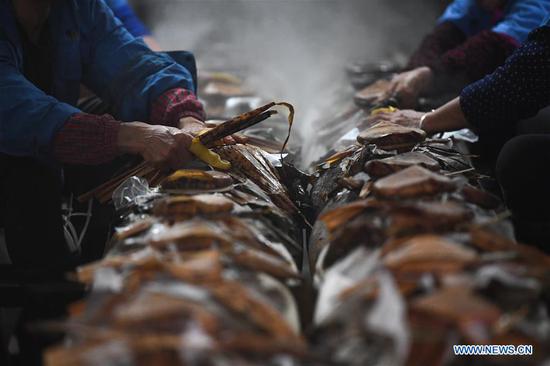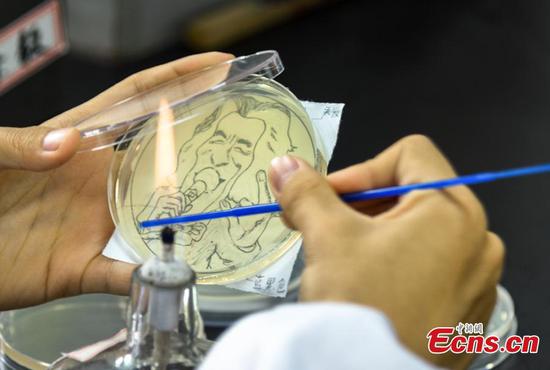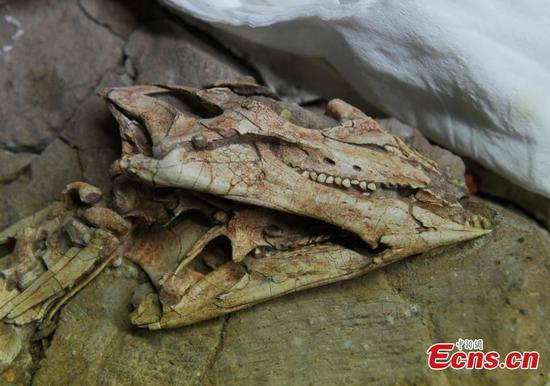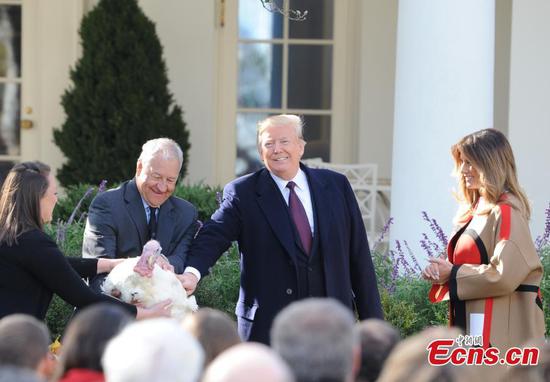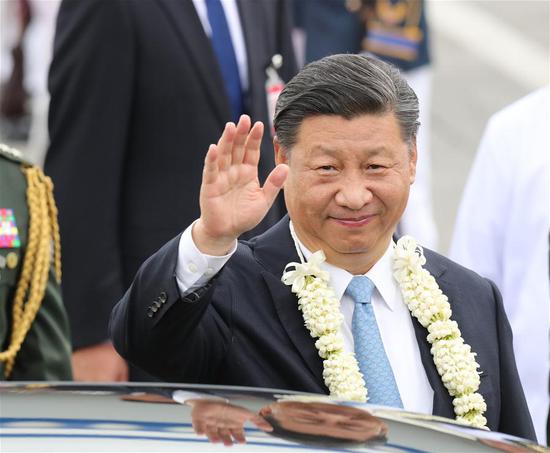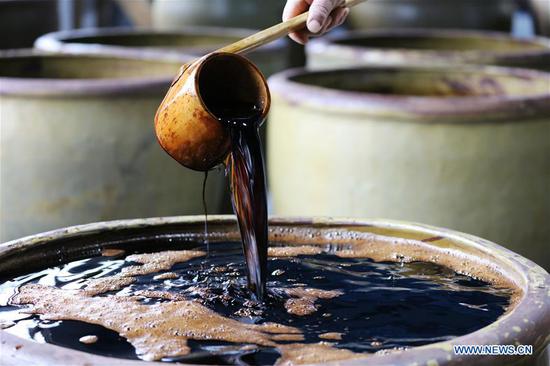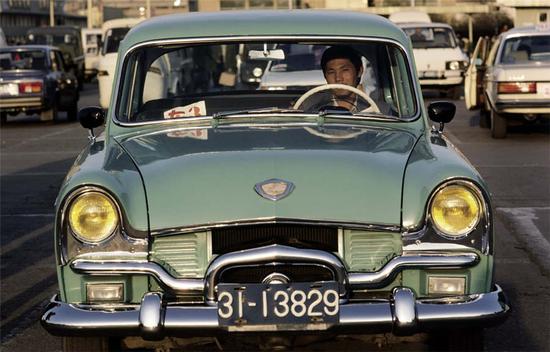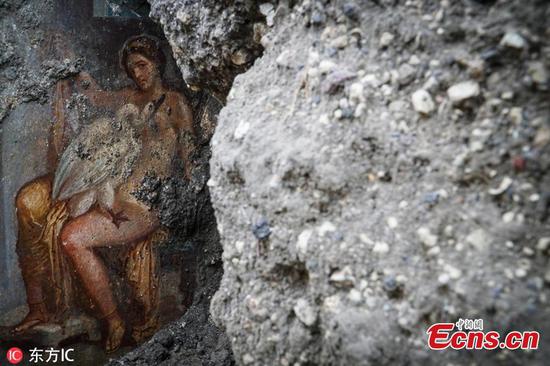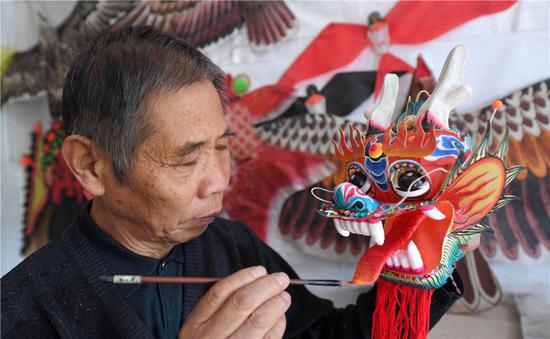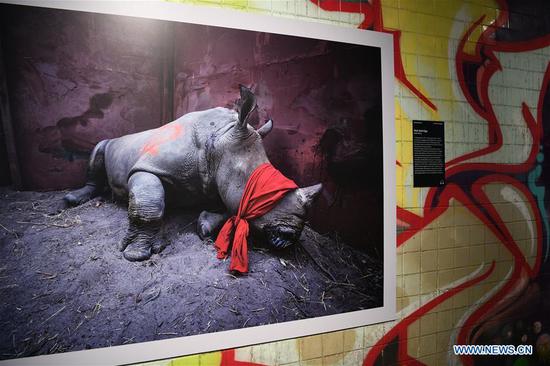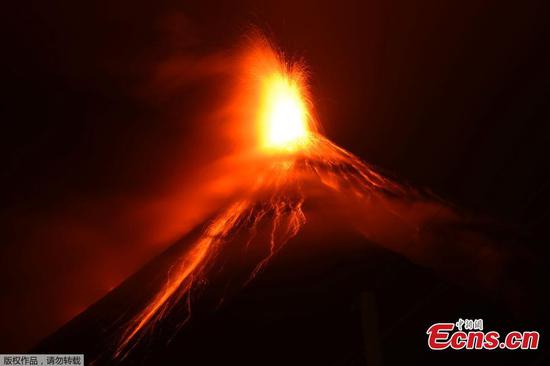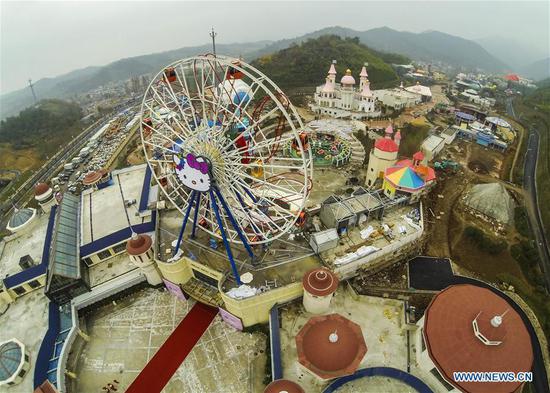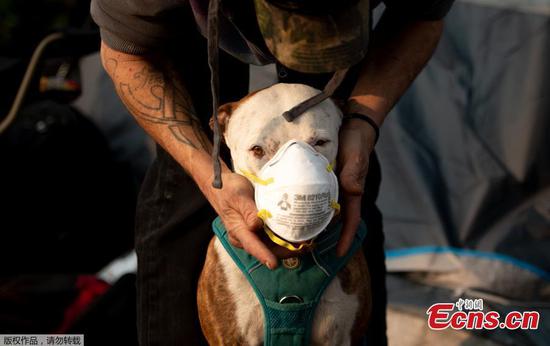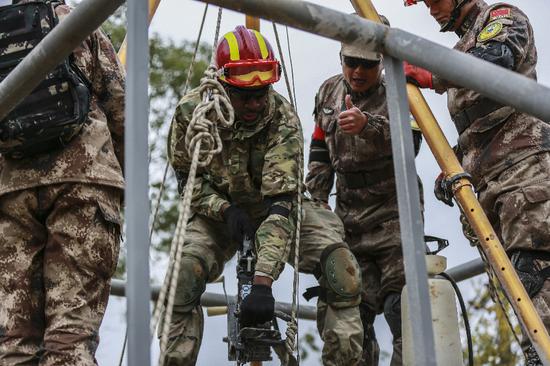Experts called for more transparency in vaccine supervision after China's drug regulator disclosed on Tuesday that it had denied market access for more than 100,000 doses of rabies vaccine produced by two manufacturers in Jilin province.
Some 43,510 doses from Maifeng Bio Tech Co failed premarket checks of safety and effectiveness on Oct 29, as did 57,290 doses from Zhuoyi Biological Co on Nov 5. Both manufacturers are based in Changchun, Jilin.
The checks were conducted by the National Institutes for Food and Drug Control, which released the information about the substandard vaccines on its website.
Also in October, the authority denied market access to 77,516 doses of a rabies vaccine made by Chengda Biotech in Shenyang, Liaoning province.
Wang Yuedan, a professor at Peking University Health Science Center's immunology school, said rising public concern about vaccine quality prompted the regulator to release more information on substandard products.
"The latest disclosure of market denial is not directly linked to stricter vaccine management. It's more of an answer to public demand for more information on the production and supervision of rabies vaccines," he said.
Zeng Guang, an epidemiologist at China's Center for Disease Control and Prevention, said it's crucial to promote dialogue between the drug regulator, vaccine manufacturers and the public.
"Manufacturers should be notified of their products' problems to improve production," he said. "And the public is also entitled to be aware of quality issues."
While the notice didn't say why market access was denied, Wang said, the reasons are most likely associated with low effectiveness or excessive levels of contaminants in the drugs.
"China is a huge market for rabies vaccines, and many manufacturers tap into the market," he said. "Not all producers hold themselves to high standards."
China has been rolling out new measures to tighten its supervision of vaccine-makers following a major quality scandal that involved Changchun Changsheng Bio-tech Co, a large producer found to have made substandard vaccines.
The National Medical Products Administration pledged early this month to prioritize building an online tracking system for vaccines, anesthetics and psychoactive drugs to ensure their safety.
On Nov 12, a draft vaccine law was released by the State Administration for Market Regulation for public feedback. If approved, companies that make illegal or substandard vaccines could face fines of up to 10 times the value of the products.










